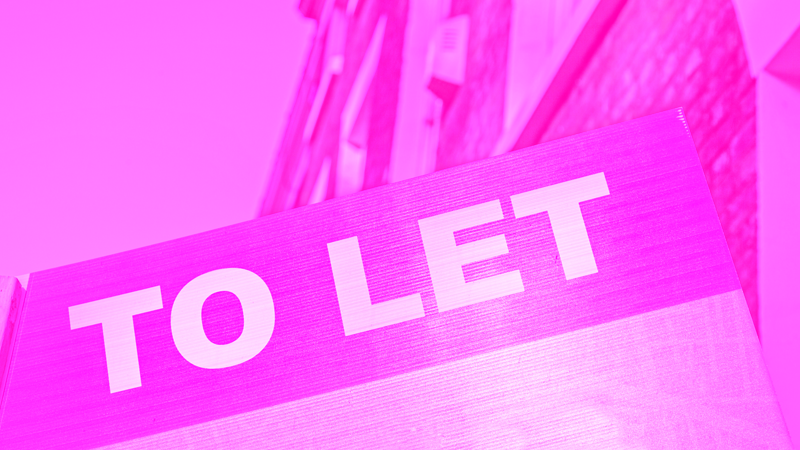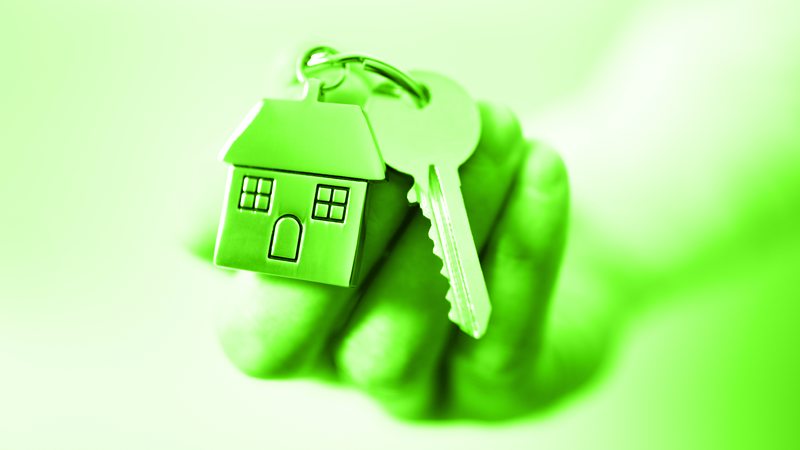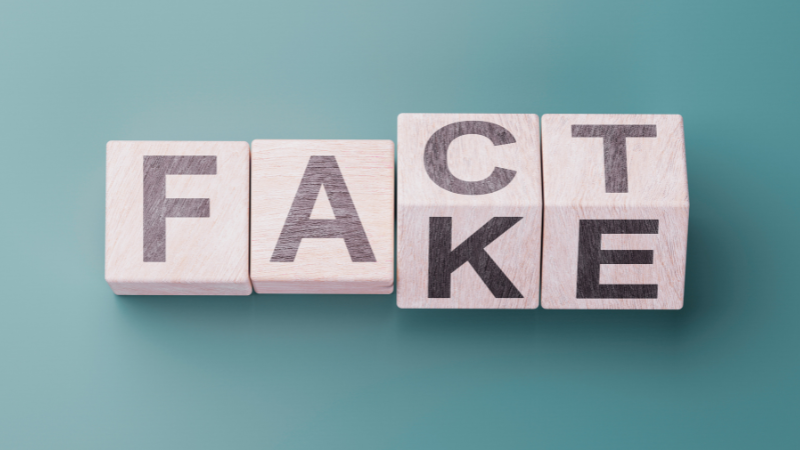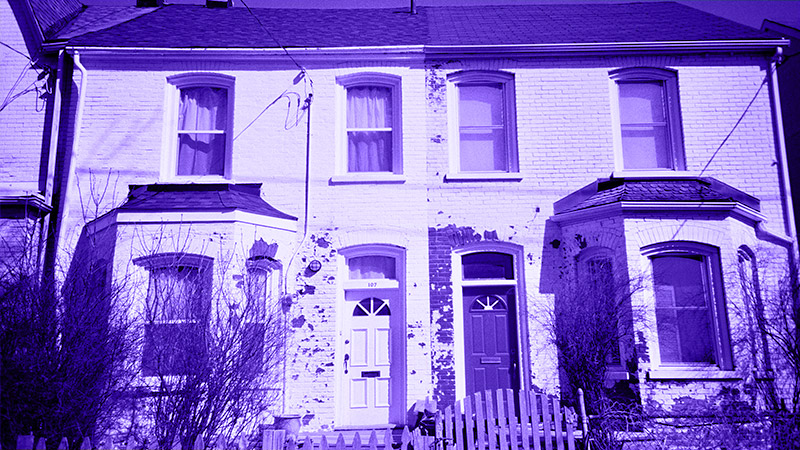Can you have two mortgages? What are the legalities?
This is a common scenario if someone has a personal mortgage and wants a second for an investment or second property.
In this guide, we will discuss a range of reasons why a person would opt for multiple mortgages, the rules regarding taking on more than one mortgage and the financial options available for additional borrowing.
How many mortgages can I have?
In the UK there are no laws restricting a person from taking on multiple mortgages, however individual lending criteria may cause some hurdles, following obtaining the first few mortgages!
Typically, a borrower would have an initial residential mortgage for their own family property, and then any additional mortgages would be on a buy to let basis.
However, there is nothing stopping an individual or couple from obtaining multiple residential mortgages, although proof that the borrower is intending on residing in both properties would be needed.
More often than not, the buy to let route is used where the borrower would seek to rent out the subsequent properties, acting as a landlord and build a property portfolio.
Upon each mortgage application, an applicant would need to fulfil the lending criteria on its own merit, including passing affordability and credit checks.
Income would need to be proven to ensure that as each subsequent loan is requested, that the monthly repayments can be made.
Therefore, each time an additional mortgage application is made, the monthly commitments accumulate for the borrower and consequently it is rare for anyone to have more than four mortgages at any one time!
Need more help? Check our quick help guides:
- Reasons why a mortgage could be declined on affordability.
- How reliable is a mortgage in principle?
- How do joint mortgages work?
- Can you get a mortgage on a fixed-term contract?
Types of Mortgages
As we have already briefly discussed, there are two types of a mortgage; a residential mortgage and a business type mortgage product such as a buy to let mortgage. Let’s explore the differences between the two mortgage types.
What is a Residential Mortgage?
A residential or standard mortgage is the most common type of secured mortgage product and enables individuals or couples to take out a long-term loan for the purpose of purchasing a property to live in.
Typically, a residential mortgage would require the applicant to have a cash deposit of between 10 and 30% of the property value.
Monthly repayments are made against the loan for the duration of the mortgage term, which is typically around 25 years.
There are two types of standard mortgage repayment methods; full repayments which combine repaying the capital loan and the interest due, or interest only which results in lower monthly repayments however the mortgage capital does not get repaid.
Related guides:
- When was my house built?
- Buying out a sibling from an inherited house
- How long does it take to release mortgage funds?
- Does a valuation mean that a mortgage is approved?
- Mortgage lenders that accept benefits
- Can I extend my interest-only mortgage term?
Interest is applicable against the money owed and often charged as an annual percentage, in a range of methods as follows:
- Fixed-rate – Provides a fixed monthly repayment each month by securing the interest rate linked to the mortgage for a set period of time, often between 2 and 5 years.
- Standard variable rate – This is a long-term interest rate, often applied after a fixed rate ends or following an introductory offer. The interest rate fluctuates each month at a rate set by the lender and therefore will vary the mortgage repayment due.
- Tracker – A tracker rate follows the Bank of England base rate at a set percentage higher and will vary from month to month.
A property can be let out with a standard mortgage still outstanding however permission would usually need to be sought from the mortgage lender. However, it is more common for the mortgage type to be changed from a standard mortgage to a buy to let mortgage when renting out a property.
What is a Buy to Let Mortgage?
A buy to let mortgage is a financial mortgage product that is specifically for the purpose of renting out a property, and not living within it.
Buy to let mortgages commonly require higher deposits levels than standard mortgages, of between 25% and 40% loan to value rate.
In addition, buy to let mortgages can sometimes have higher interest rates attributed to them compared with standard residential mortgages, plus there are often arrangement fees due of up to 3.5% of the property’s value to consider as well.
Similar to standard mortgages, there are two options regarding the monthly repayments; full payments and interest only.
Most landlords seek interest-only mortgages, to keep the monthly repayments down, leaving the capital balance payable at the end of the mortgage term when landlords would either re-mortgage or sell the property to repay the capital.
Interest-only mortgages carry higher risks for the lender and therefore will usually have higher interest rates.
What is a Bridging Loan?
Another way of obtaining multiple borrowings is the use of a bridging loan.
A bridging loan is a method of short term secured finance that can fund a property purchase whilst the sale of other assets is still in progress.
A bridging loan can facilitate a property transaction without delay by applying owned equity within a current property as a deposit towards another property. The result of which is that the mortgage holder owns multiple properties while further transactions are proceeding.
Related guides:
- Mortgage 5 times salary.
- Can you get a mortgage on land?
- Refurbishment mortgages.
- Part and part mortgages.
- HMO mortgages.
What other considerations are there for landlords?
If the purpose of the additional borrowing is to become a landlord and rent out properties, there are lots of things to consider in addition to the type of mortgage, this includes:
- Insurances
- Maintenance costs of the property
- Legal responsibilities of being a landlord such as energy efficiency of the property
- Health and safety responsibilities
- Ensuring you comply with legislation such as the Tenant Fees Act and Tenancy Deposit Schemes
Becoming a landlord is a big decision and therefore sufficient research and consideration of all of the factors including legislation and costs should be undertaken.
Can you have Two Mortgages Summary
As we have seen, it is possible to obtain multiple mortgages, however, the purpose behind the additional borrowing usually dictates the type of finance needed
Our specialised team can assist with advising the most appropriate borrowing method for your specific requirements as well as provide guidance in relation to becoming a landlord. Book an appointment to speak to a member of our friendly team today!
Call us today on 03330 90 60 30 or feel free to contact us. One of our advisors will be happy to talk through all of your options with you.
Further reading:

















